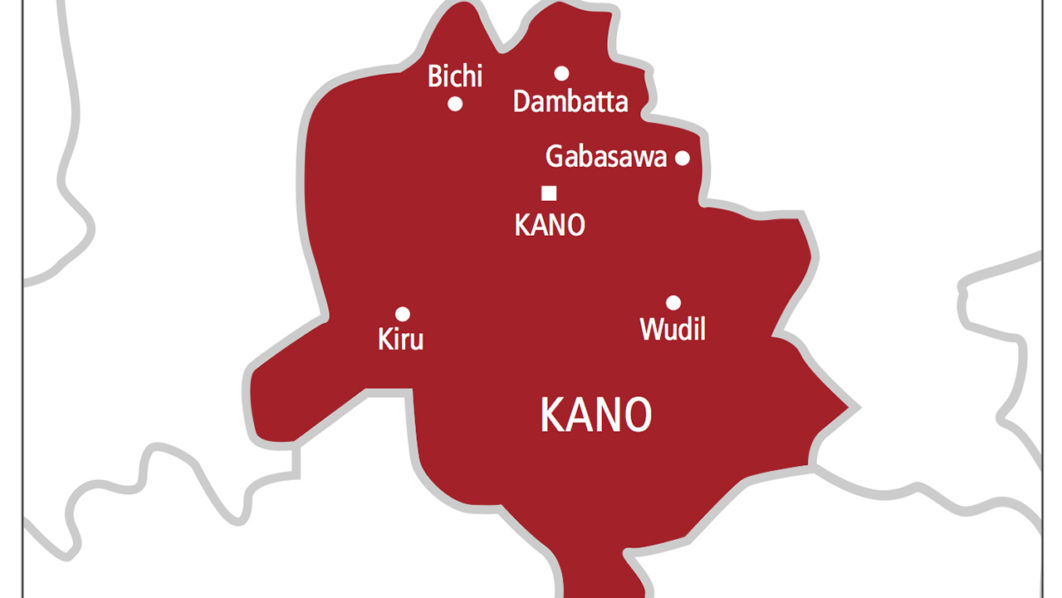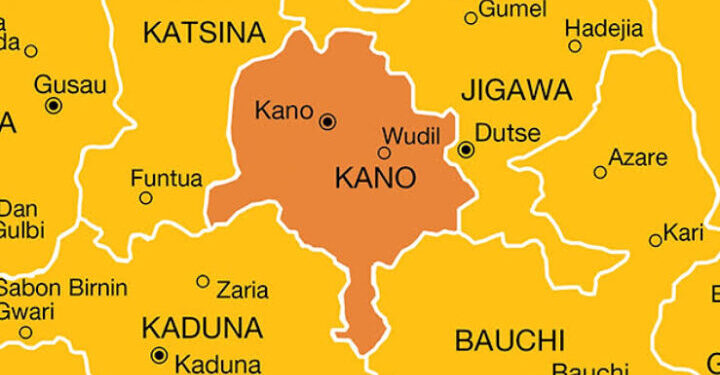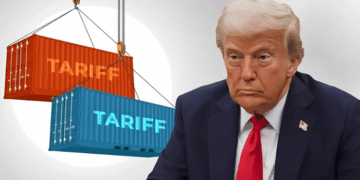As thousands marched in Kano on Saturday, their fury laser-focused on the perceived neo-colonialism of a U.S. president, a more profound and uncomfortable truth was being buried in mass graves across Nigeria’s Middle Belt: for the communities systematically targeted by violence, the world’s attention—however flawed—feels like the only hope they have left.
The protests in Kano were a great example of righteous indignation. Placards condemned Trump’s threat of military intervention and rejected his designation of Nigeria as a “Country of Particular Concern”over Christian killings. The message was crystal clear: this was a sovereign nation telling a foreign power to back off. But this message rings tragically hollow in villages like Yelwata in Benue State, where survivors are still scrubbing the blood of their relatives from the walls of burnt-out homes.

The inconvenient truth the Kano protesters are conveniently ignoring is that while Trump’s framing may be a blunt and self-serving instrument, but the carnage it attempts to describe is horrifyingly real. The narrative of a “religious war” may be an oversimplification, but to the Christian farmer in Plateau State who has seen his family slaughtered and his ancestral land seized, the distinction between an “ethnic conflict” and a “targeted massacre” is a meaningless academic exercise. His reality is genocide, regardless of the textbook definition.
This is Nigeria’s fatal disconnect: the luxury of debating geopolitical motives from the relative safety of Kano’s city centers, while the rural heartland is soaked in blood. The outrage is reserved for the American who points at the fire, not the Nigerian leaders who have consistently failed to put it out. The government’s swift and forceful denial of Trump’s claims feels to these communities like a final, cruel betrayal—a greater willingness to defend the nation’s abstract reputation than the tangible lives of its own citizens.
Why It Matters
The Kano protests, while understandable in their defense of sovereignty, represent a catastrophic failure of national empathy. It is a privilege to debate the semantics of “genocide” when you are not the one digging the graves. The outrage over Trump’s words, while the silence over the ongoing massacres is deafening, reveals a broken national conscience.
Yes, Trump’s decree is questionable. It reeks of hypocrisy and a desire for global dominance. But it has succeeded in doing what the Nigerian media and political class have failed to do for years, which is to shine an unforgiving, international spotlight on a humanitarian catastrophe that the state has repeatedly downplayed or outright ignored.
The path forward is not to circle the wagons against foreign criticism, but to look inward with brutal honesty. The energy spent protesting Trump should be redirected toward demanding our own government finally, and decisively, protect every single citizen—whether in the North or the South—with the ferocity this crisis demands. Until that happens, the protests in Kano are not a defense of Nigeria; they are a defense of the impunity that is tearing it apart.

















